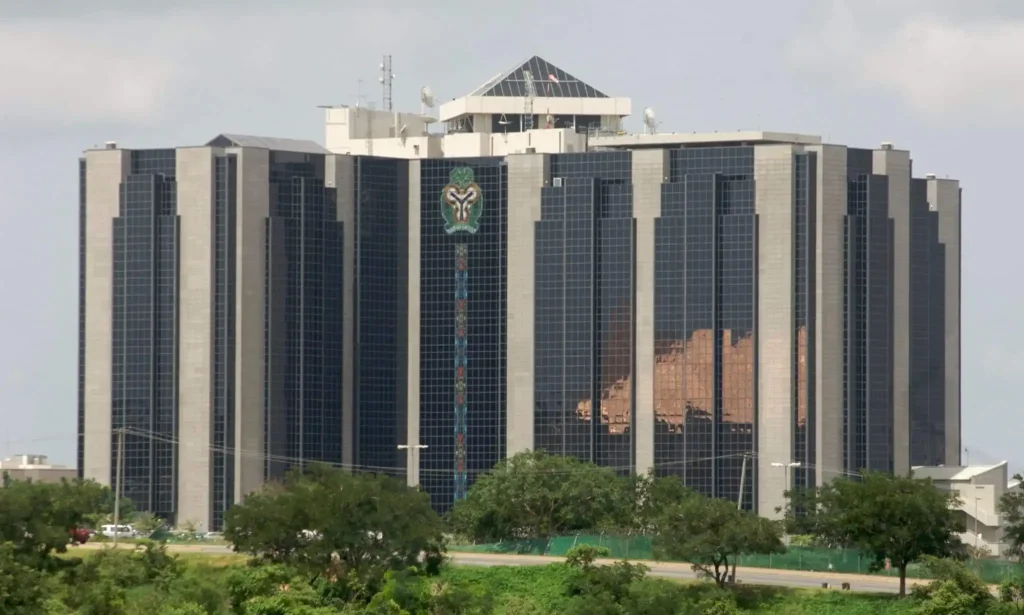The Bank Verification Number (BVN) is a biometric identification system introduced by the Central Bank of Nigeria (CBN) to reduce illegal banking transactions and enhance the security of banking operations in Nigeria.
Implemented in line with the CBN Act of 1958, the BVN has become a key component of the financial system, aimed at curbing identity theft, fraud, and unauthorised access to bank accounts.
In this blog post, we’ll explore the meaning of Bank Verification Number, how it works, its benefits, and the latest updates from the CBN you should know.
What is BVN?
The Bank Verification Number (BVN) is an 11-digit unique identifier assigned to every Nigerian banking customer.
It is linked to all your bank accounts, regardless of the bank you use, and serves as a single identity across the Nigerian banking system.
The BVN system captures customers’ biometric data—including fingerprints and facial photographs—which makes it harder for fraudsters to impersonate legitimate account holders.
Why Bank Verification Number Was Introduced
Before Bank Verification Number was introduced, the Nigerian banking industry lacked a centralised identity system, making it difficult to implement the Know Your Customer (KYC) principles effectively.
This limited the growth of services such as credit cards, personal loans, and mobile banking, due to the risks associated with identity fraud.
On February 14, 2014, the CBN, in partnership with the Bankers’ Committee, launched the BVN project to:
- Create a single, verifiable identity for every banking customer in Nigeria.
- Strengthen the integrity of the banking system.
- Enable secure transactions without the need for physical cards.
How Does BVN Work?
Bank Verification Number enrollment involves the following steps:
- Visit any bank branch with a valid ID (e.g., driver’s license, international passport, NIN, or voter’s card).
- Fill out the BVN enrollment form and present yourself for biometric data capture (fingerprints, facial image, etc.).
- You’ll receive an acknowledgement slip with a transaction ID.
- Within 24 hours, your unique BVN is generated and sent to you via SMS.
- Submit your BVN to all banks where you have accounts for linking.
Benefits of BVN
The Bank Verification Number offers several benefits to both customers and financial institutions:
- Single Identity: The BVN provides a unique identity that can be used across all banks in Nigeria.
- Fraud Prevention: Helps in detecting and preventing identity theft and unauthorised access to accounts.
- Improved KYC: Banks can now perform more effective Know Your Customer (KYC) processes.
- Blacklist Tracking: Bank Verification Number enables banks to identify and blacklist customers involved in fraudulent activities.
- Biometric Authentication: Future transactions may rely on biometric verification instead of ATM cards or PINs.
Implementation Milestones & Deadlines
The CBN released several directives and circulars to guide the rollout of BVN. Below are some key milestones:
- By December 2014, banks were required to enroll 40% of their customers.
- From November 3, 2014, new loan applicants needed Bank Verification Number as a precondition for loan approval.
- From March 2015, transactions worth ₦100 million or more required a BVN.
- By October 31, 2015, customers without BVN were considered to have incomplete KYC information.
Security Concerns and Public Response
Although the BVN system has improved banking security, it has faced scrutiny over data privacy concerns, especially because it links multiple bank accounts to a single identifier.
Additionally, during its initial rollout, phishing attacks were reported where fraudsters pretended to be bank representatives requesting customers’ BVN details.
The CBN has since intensified public awareness campaigns to protect customers.
Recent Updates on BVN Regulations
The CBN has continued to refine the regulatory framework for BVN operations:
October 2021 Update:
- The CBN issued a revised regulatory framework for BVN operations and a watch-list for the banking industry to ensure KYC compliance and improve transaction monitoring.
December 2023 Circular Highlights:
- Tier 2 and 3 individual accounts/wallets must have both BVN and NIN.
- Tier 1 accounts/wallets must have either BVN or NIN.
- Account opening must now start by electronically retrieving data from the NIBSS BVN or NIMC NIN database.
- All validated BVNs must be profiled in NIBSS’ ICAD database within 24 hours of account creation.
Final Thoughts
The Bank Verification Number (BVN) is a powerful initiative that has revolutionised the Nigerian banking system.
It plays a crucial role in protecting customers, streamlining identity verification, and reducing fraud.
As the CBN continues to implement stricter compliance measures, it is important for all account holders in Nigeria to ensure their BVN is linked to all bank accounts and remain alert to fraudulent schemes.
Frequently Asked Questions (FAQs)
1. How can I check my BVN?
Dial *565*0# on your mobile phone (linked to your bank account) to retrieve your BVN.
2. Can I use one BVN for multiple bank accounts?
Yes, your BVN is unique to you and must be linked to all your bank accounts.
3. What happens if I don’t link my BVN to my account?
Your account may be restricted or considered non-compliant with KYC requirements, leading to transaction limitations.
4. Is my biometric data safe?
The CBN and NIBSS have implemented several measures to protect customer data, although users must also be vigilant against phishing and social engineering scams.























